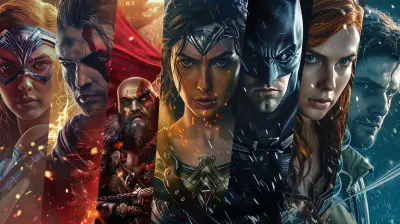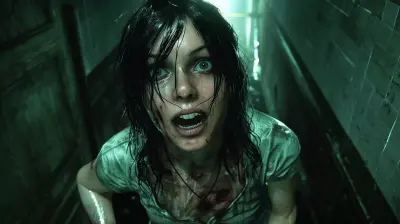How Indie Developers are Revolutionizing the Game Industry
10 May 2025
The video game industry has come a long way since the days of pixelated plumbers jumping on blocks. Today, gaming is a billion-dollar industry dominated by massive corporations like EA, Activision, and Sony. But something interesting is happening in this towering landscape of triple-A titles and blockbuster budgets. Beneath the shadow of these giants, indie game developers are quietly—and sometimes not so quietly—reshaping the rules of the game.
Indie developers, with their scrappy teams and shoestring budgets, are proving that you don't need a massive corporation to create something unforgettable. They're injecting creativity, diversity, and innovation into an industry that sometimes feels bogged down by sequels, remakes, and microtransactions. So how exactly are indie developers revolutionizing the game industry? Let’s dive in.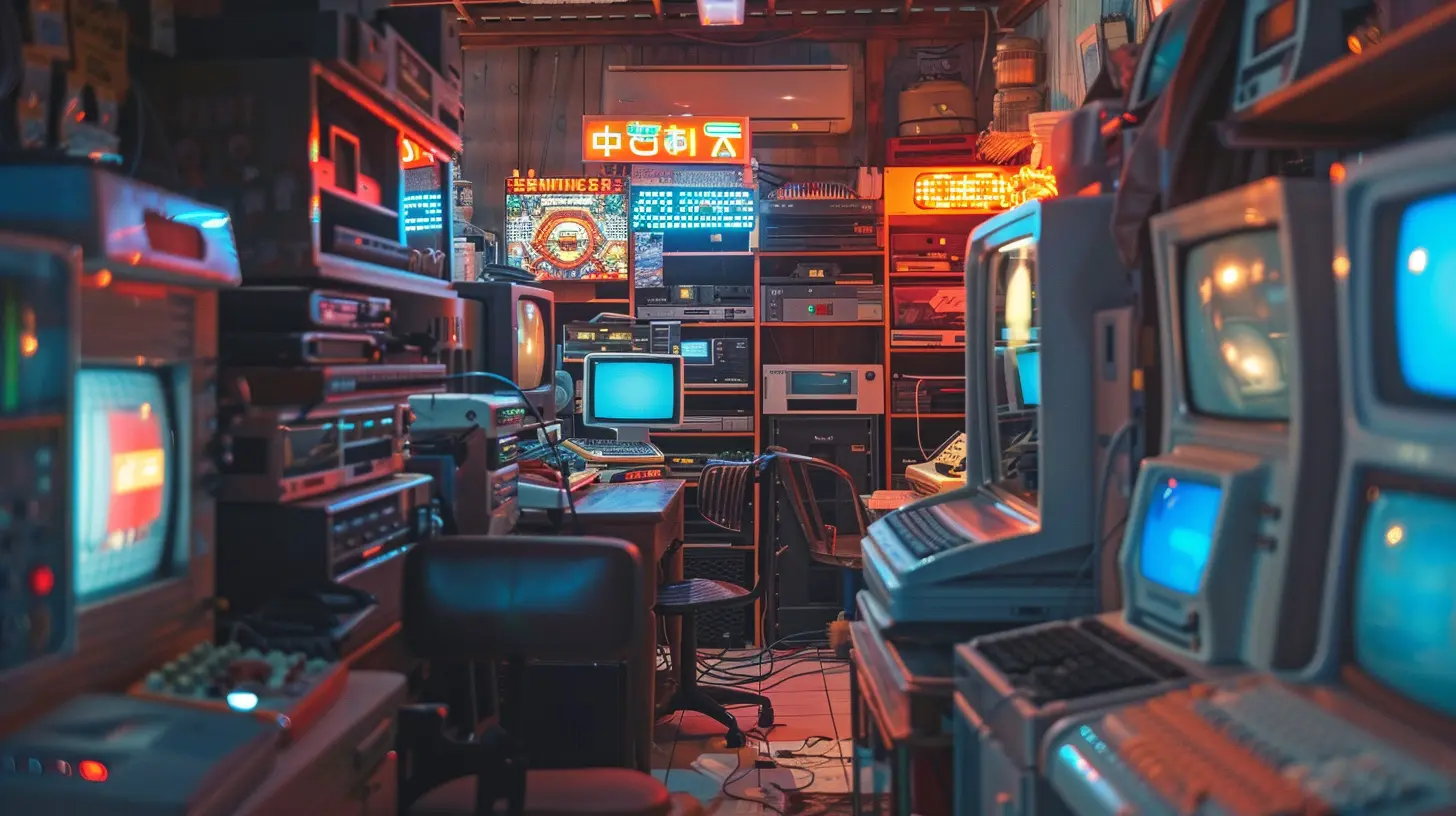
The Freedom to Experiment
Ever feel like big-budget games are playing it safe? That’s because they kind of have to. When you’re spending hundreds of millions of dollars on a single game, you need to ensure it appeals to as many people as possible. Indie developers, on the other hand, can take risks. They aren’t weighed down by shareholder expectations or the need to sell millions of copies to break even.Indie games like Undertale, Celeste, and Hollow Knight aren’t afraid to be quirky or unconventional. They experiment with mechanics, art styles, and storytelling techniques that you’d rarely see in a triple-A title. Because let’s be real—would a corporate publisher greenlight a game where you play as a piece of bread trying to become toast (I Am Bread)? Probably not.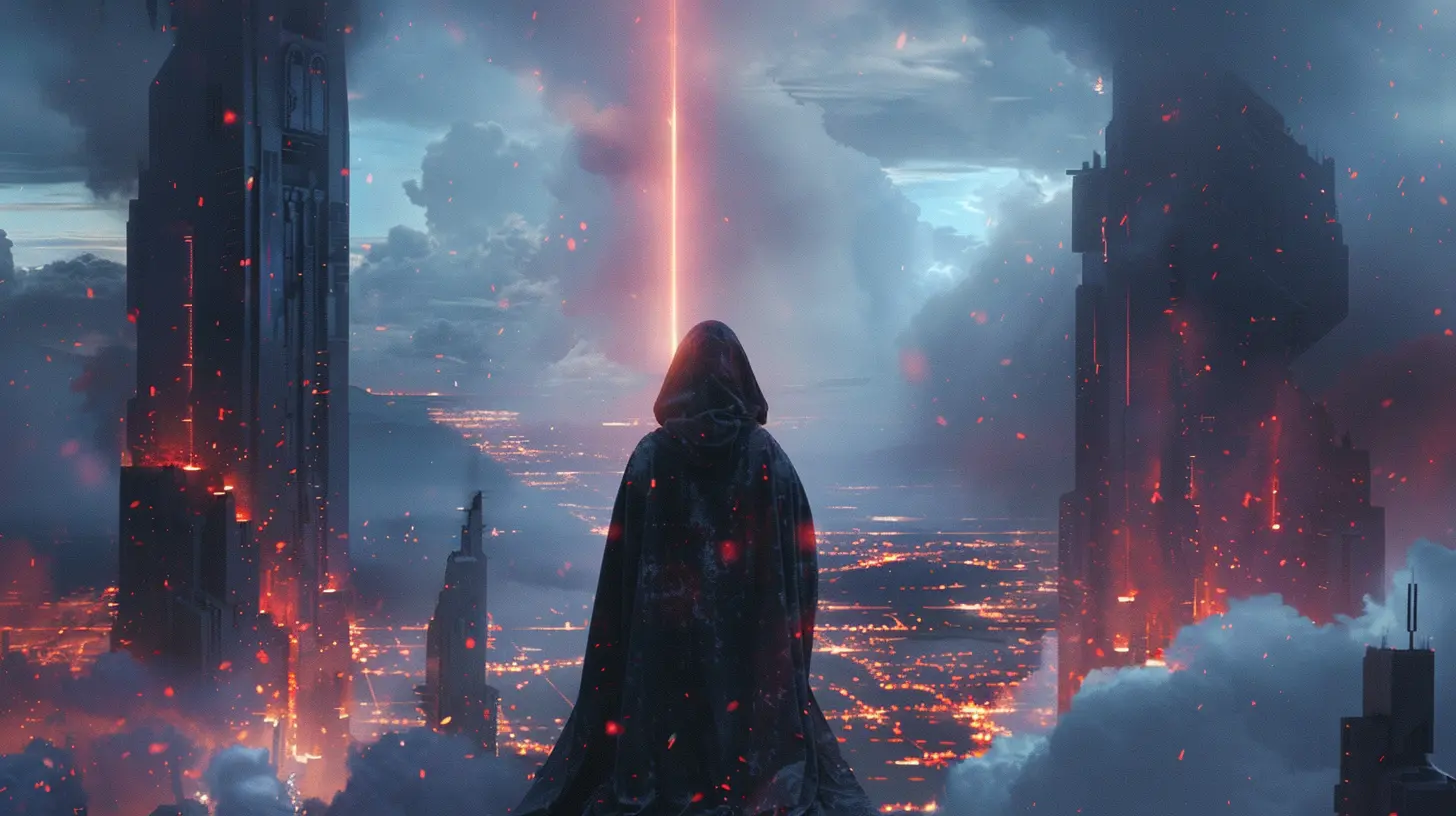
Telling Stories That Matter
A lot of mainstream games have incredible graphics but, let’s face it, their stories can feel like they're copy-pasted from an action movie script. Indie developers, though? They’re nailing the art of storytelling. They’re exploring topics like mental health (Hellblade: Senua's Sacrifice), grief (Spiritfarer), and personal growth (Celeste). These are stories that resonate on a deeply human level.Indies don’t shy away from tough or niche subjects because they know their audience craves authenticity. When was the last time a Call of Duty game made you cry? Not saying those games don’t have their place (sometimes you just want to blow stuff up), but indie games bring an emotional depth that’s often missing from the mainstream.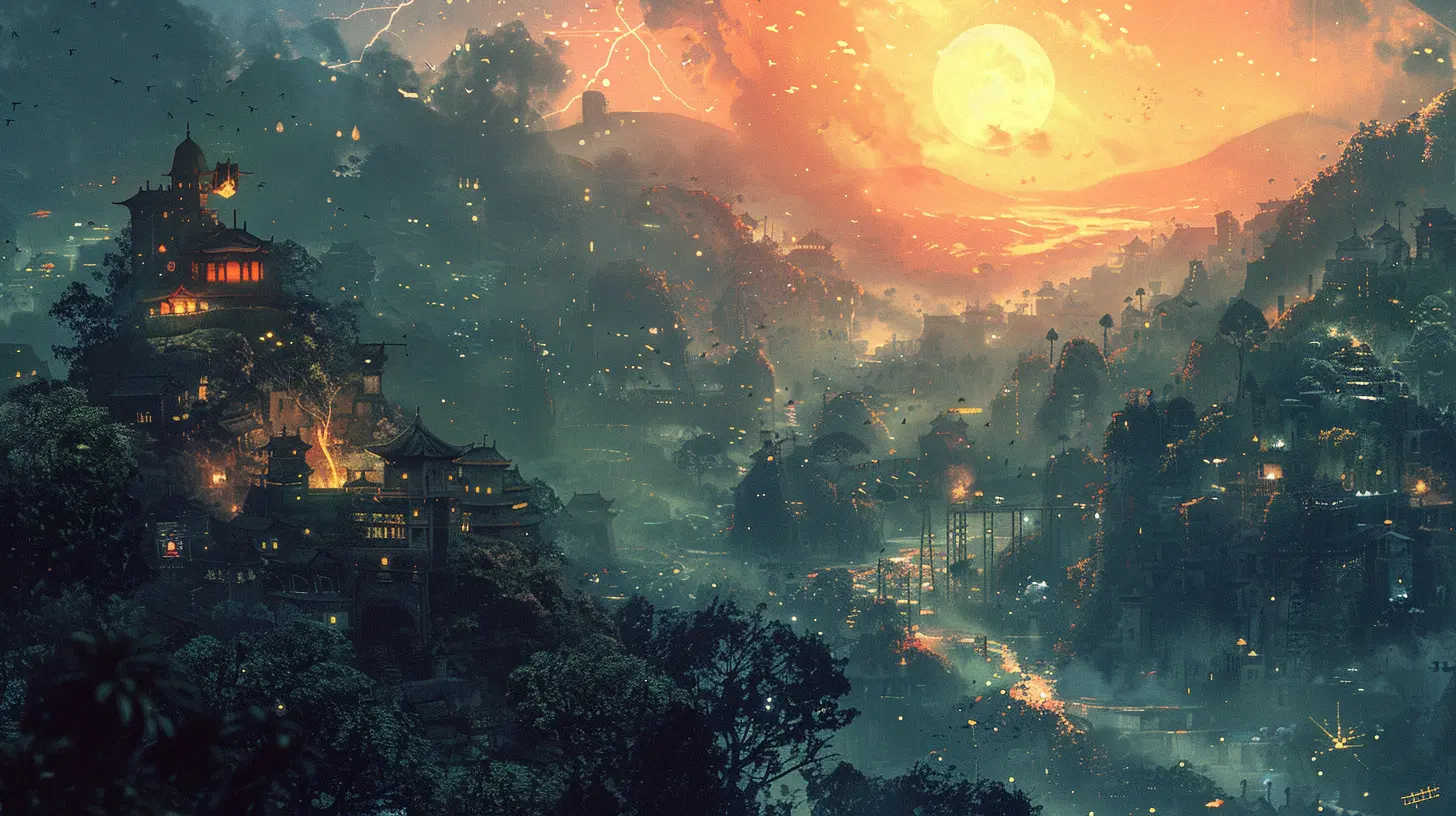
Building Communities Around Passion
Gaming isn’t just about gameplay; it’s about connection. And indie games excel at creating tight-knit communities. Look at Among Us—a game that sat in obscurity for two years before rocketing to popularity in 2020. Why did it blow up? Because it brought people together during a time when we all needed some social interaction.Indie developers often interact directly with their communities, taking feedback to heart and even shaping their games based on player input. It’s a level of transparency and collaboration that’s rare in the corporate gaming world. When people feel like they’re part of a game’s journey, they’re more likely to stick around and support it.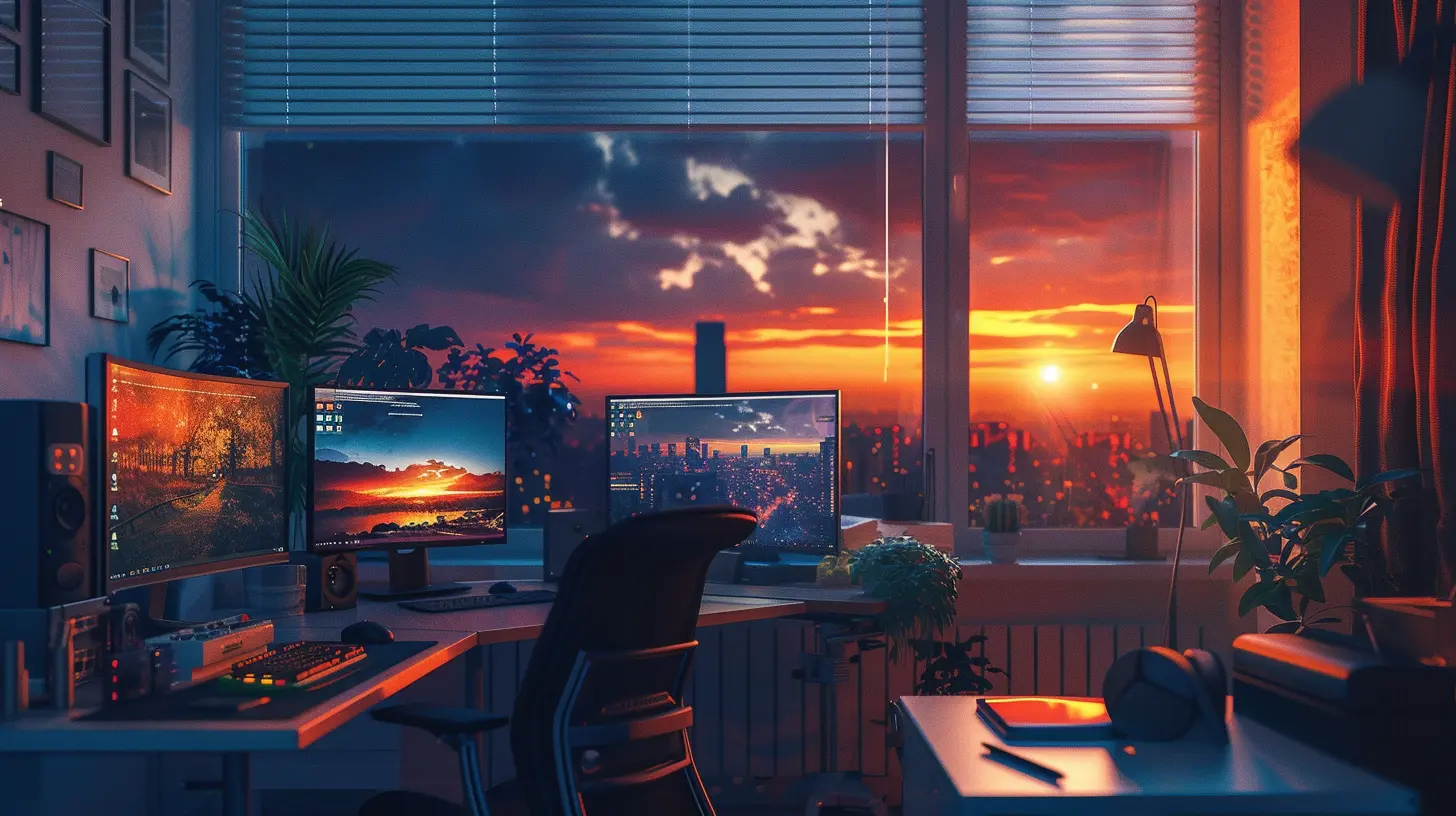
Innovation Without Borders
Indie games often pave the way for groundbreaking innovations. From unique mechanics to surreal art styles, indie devs are constantly pushing boundaries. Just think about Braid, which introduced time-manipulation mechanics, or Papers, Please, a game that turned the mundane task of border control into a compelling moral dilemma.They’re not just innovating in gameplay, though. They’re breaking the mold in how games are funded and distributed. Crowdfunding platforms like Kickstarter and Patreon have given indie developers the power to fund their games directly through fans, bypassing traditional publishers altogether. It’s a game-changer (pun absolutely intended).
Representation Matters
In a world as diverse as ours, the gaming industry should reflect that diversity. Indie developers have taken up the mantle when it comes to better representation in games. They’re creating characters and stories that resonate with people from all walks of life. While big studios are still playing catch-up, indie games have already been paving the way.Games like Night in the Woods and Oxenfree feature relatable, complex characters that feel like real people rather than caricatures. Representation isn’t a checkbox for indie developers—it’s a natural outcome of their desire to tell meaningful stories.
Accessibility for All
Big-budget games often require beefy hardware to run smoothly. But indie games? They keep things simple. Many of them are designed to run on older PCs, laptops, or even mobile devices, making gaming accessible to more people. Not everyone can afford the latest console or a high-end gaming rig, and indie developers understand that.Take Stardew Valley, for example. This farming sim runs beautifully on pretty much anything and has become a beloved classic for gamers everywhere. These kinds of accessible, affordable games allow people to experience the joy of gaming without breaking the bank.
The Power of Small Teams
There’s something magical about a game made by a tiny team—or sometimes even a solo developer. When you’re playing an indie game, you can often feel the love and dedication that went into every pixel. It’s like eating a homemade meal versus fast food. There’s heart in it.Big studios have hundreds, sometimes thousands, of people working on a single game. Meanwhile, indie developers often wear multiple hats—coding, designing, writing, marketing. That level of involvement gives their games a unique personality that can’t be replicated in a corporate setting.
Redefining Success
The traditional measure of a game's success is how much money it makes. By that standard, indie games might seem like they’re playing in the minor leagues. But success means different things to indie developers. For them, it’s about creating something meaningful, connecting with players, or simply having the freedom to make the games they want to play.And guess what? Some indie titles are achieving financial success too. Games like Minecraft (yes, it was indie once), Terraria, and Cuphead have sold millions of copies and gained massive followings—all without losing their indie spirit.
Challenges and Resilience
Of course, it’s not all rainbows and unicorns for indie developers. They face significant challenges, from funding issues to the struggle of standing out in an oversaturated market. The indie scene is a crowded one, and getting noticed can feel like shouting into the void.But here’s the thing—indies are resilient. They’ve found ways to thrive despite the odds, whether it’s through passionate fanbases, clever marketing, or sheer determination. Their ability to bounce back and adapt is part of what makes them so revolutionary.
The Future of Gaming
So, what’s next? Well, if the current trend is anything to go by, indie developers will continue to shake up the industry. They’re inspiring even the big players to think outside the box. Sony, Microsoft, and Nintendo have started incorporating more indie games into their platforms, recognizing the value they bring to the table.As technology advances, the barriers to making games are lowering, which means more people will have the tools to create. We could be on the cusp of a golden age for indie gaming, where anyone with a great idea and some grit can make something amazing.
Final Thoughts
Indie developers aren’t just an alternative to the big guys—they’re a lifeline for the game industry. They remind us that gaming is supposed to be fun, innovative, and meaningful. While the big studios are cranking out sequels and chasing profits, indie devs are out here breaking the rules and making us fall in love with gaming all over again.The revolution may be quiet, but it’s happening. And honestly? It’s exactly the kind of shake-up the gaming industry needed.
all images in this post were generated using AI tools
Category:
Indie GamesAuthor:

Emery Larsen
Discussion
rate this article
4 comments
Amira McFadden
Indie creativity sparks innovation and joy!
May 13, 2025 at 4:08 PM

Emery Larsen
Absolutely! Indie developers bring fresh ideas and unique perspectives, driving innovation and excitement in gaming.
Karson McRae
Indie developers are the heartbeat of innovation in gaming, proving that passion and creativity can redefine the industry. Truly inspiring!
May 12, 2025 at 4:31 AM

Emery Larsen
Thank you! Indie developers are indeed driving innovation and inspiring change in the gaming landscape. Their creativity knows no bounds!
Soliel McGinnis
Indie developers are truly reshaping the gaming landscape by prioritizing creativity and innovation over profits. Their unique stories and experimental gameplay often lead to refreshing experiences that challenge industry norms, proving that passion can rival even the biggest studios.
May 11, 2025 at 4:30 AM

Emery Larsen
Thank you for your insight! Indie developers indeed bring fresh perspectives and creativity that enrich the gaming landscape and challenge conventional expectations.
Francesca Jacobs
Indie developers are like the funky little dance moves at a party—unexpected, joyful, and often stealing the spotlight! With their quirky ideas and passion, they’re turning the gaming industry into a colorful playground. Who knew revolution could come wrapped in pixels and imagination? Keep shining, indie stars!
May 10, 2025 at 4:29 AM

Emery Larsen
Thank you! Indie developers truly bring a unique spark to the gaming world, blending creativity and innovation in ways that inspire us all. Their contributions are reshaping the industry and making it brighter!
